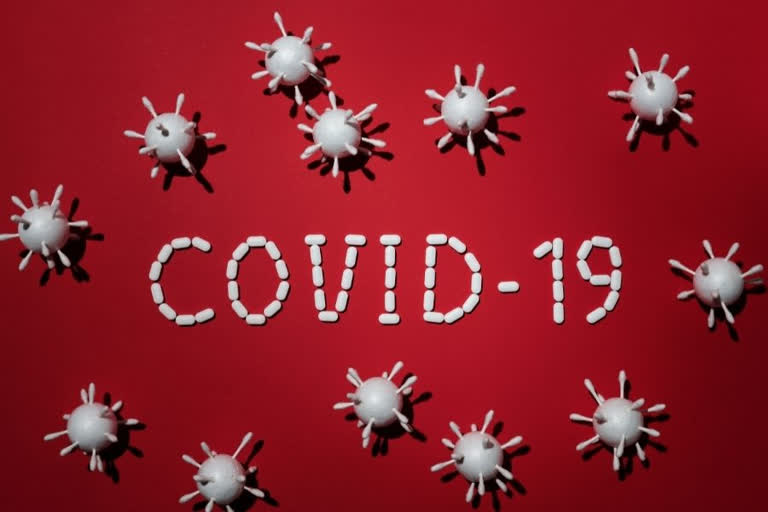The researchers from the University of California (UC) San Francisco, US, noted that the risk of breakthrough infections may be related to impaired immune response as well as risky behaviours associated with some disorders. The study, published in the journal JAMA Network Open, found that patients over 65 with substance abuse, psychotic disorders, bipolar disorder, adjustment disorder and anxiety, faced increased risks of up to 24 per cent for breakthrough COVID.
For those under 65, risks were up to 11 per cent higher than for those without a psychiatric history, the researchers said. They tracked data from more than 2.5 lakh US Department of Veterans Affairs patients, who had completed their vaccine regimen and had at least one test for SARS-CoV-2. Just over a half (51.4 per cent) of the patients had received at least one psychiatric diagnosis within the last five years and 14.8 per cent developed breakthrough COVID, confirmed by a positive test.
"Our research suggests that increased breakthrough infections in people with psychiatric disorders cannot be entirely explained by socio-demographic factors or pre-existing conditions," said senior study author Aoife O'Donovan from UCSF. "It is possible that immunity following vaccination wanes more quickly or more strongly for people with psychiatric disorders and they could have less protection to newer variants," O'Donovan said in a statement.
The average age of the 263,697 participants was 66 and 90.8 per cent were male. Overall, those participants with psychiatric disorders had a 3 per cent increased risk for breakthrough COVID infections in 2021, when adjusted for both demographic factors and pre-existing conditions, compared with participants without a psychiatric history, the researchers said. However, the risk was 24 per cent higher for over-65 with substance abuse, 23 per cent higher for those with psychotic disorders, 16 per cent higher for bipolar disorder, 14 per cent for adjustment disorder and 12 per cent for anxiety, they said.
Given the greater incidence of breakthrough infections among younger people, the study showed significantly smaller effects in the under-65 group. Risks were 10 per cent lower in participants with psychotic disorders compared to those without a psychiatric diagnosis, the researchers said.
They attribute this decrease to possible lower socialisation among younger people with psychotic disorders compared with older people who "may be less socially isolated because of their greater burden of ill health and contacts with caregivers." The higher incidence of breakthrough infection among older participants may be due to "decreased immunological response to vaccine that has been associated with some psychiatric disorders, which may be more substantial in older adults," said study first author Kristen Nishimi from UCSF.
It is also possible that older adults with psychiatric disorders "may require more frequent in-person care, which could increase their interactions with the health care system," she noted. Breakthrough risks for other non-psychiatric conditions were also calculated and adjusted for factors like obesity and smoking status, as well as other underlying conditions. The researchers found that patients with chronic kidney disease had an increased risk of 23 per cent, compared with 20 per cent for HIV, 19 per cent for cardiovascular disease, 18 per cent for COPD and 13 per cent for sleep apnea. This shows that certain psychiatric conditions, particularly in the 65-plus group, face risks that are on a par with other conditions, said O'Donovan. "Mental health is important to consider in conjunction with other risk factors and some patients should be prioritised for boosters and other critical preventive efforts," she added.
(PTI)
Also Read: Heart inflammation following COVID vaccination rare: Lancet study



